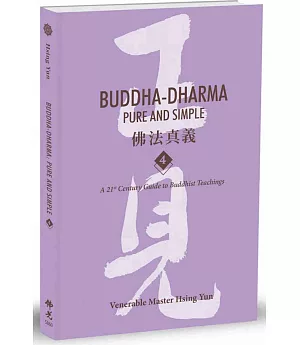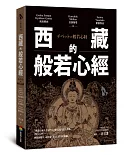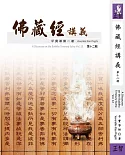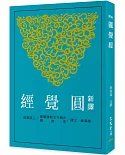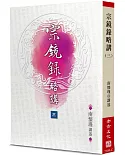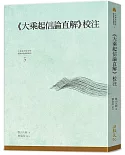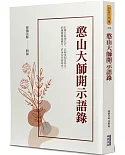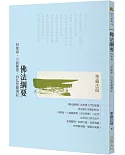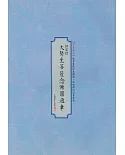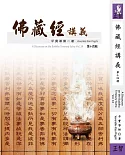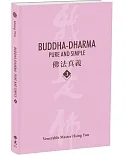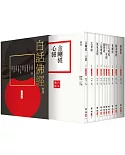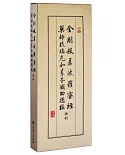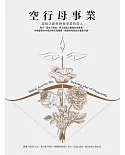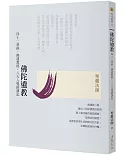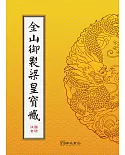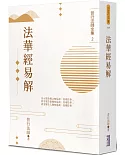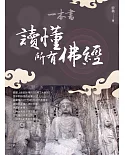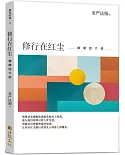作者簡介
Venerable Master Hsing Yun
Venerable Master Hsing Yun was born in Jiangsu Province, China in 1927. He studied at various renowned Buddhist institutions such as Qixia Vinaya College and Jiaoshan Buddhist College.
Soon after his arrival in Taiwan in 1949, he became the chief editor of Human Life, a Buddhist magazine. In 1952, his efforts in establishing Buddhist Chanting Association strengthened the
foundation for his subsequent endeavors in the promotion of the Dharma. Venerable Master founded Fo Guang Shan Monastery in 1967, with the primary goal of promoting Humanistic Buddhism through
Buddhist education, culture, charity, and propagation of the Dharma. Since then, over two hundred branch temples have been established in major cities around the world. He has also set up art
galleries, libraries, publishing houses, bookstores, mobile clinics, Buddhist colleges, and universities including: University of the West, Fo Guang University, Nanhua University, Nan Tien
Institute, and Guang Ming College. In 1977, the Fo Guang Tripitaka Editorial Board was formed to compile the Fo Guang Buddhist Canon and the Fo Guang Dictionary of Buddhism. Many other works on
Buddhism have also been published.
Venerable Master Hsing Yun has dedicated his life to propagating Humanistic Buddhism. As a global citizen, he continues to foster “joy and harmony,” “oneness and coexistence,” “respect and
tolerance,” and “equality and peace” throughout the world. When he founded the Buddha’s Light International Association in 1991 and was elected president of its world headquarters, he was
closer to realizing the ideal of having “the Buddha’s light shining throughout the three thousand realms, and the Dharma water flowing across the five continents.”

